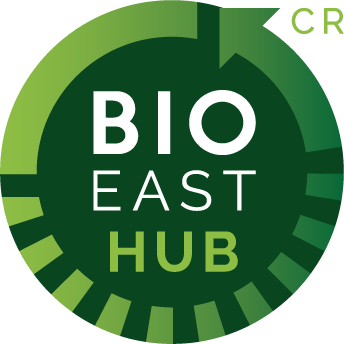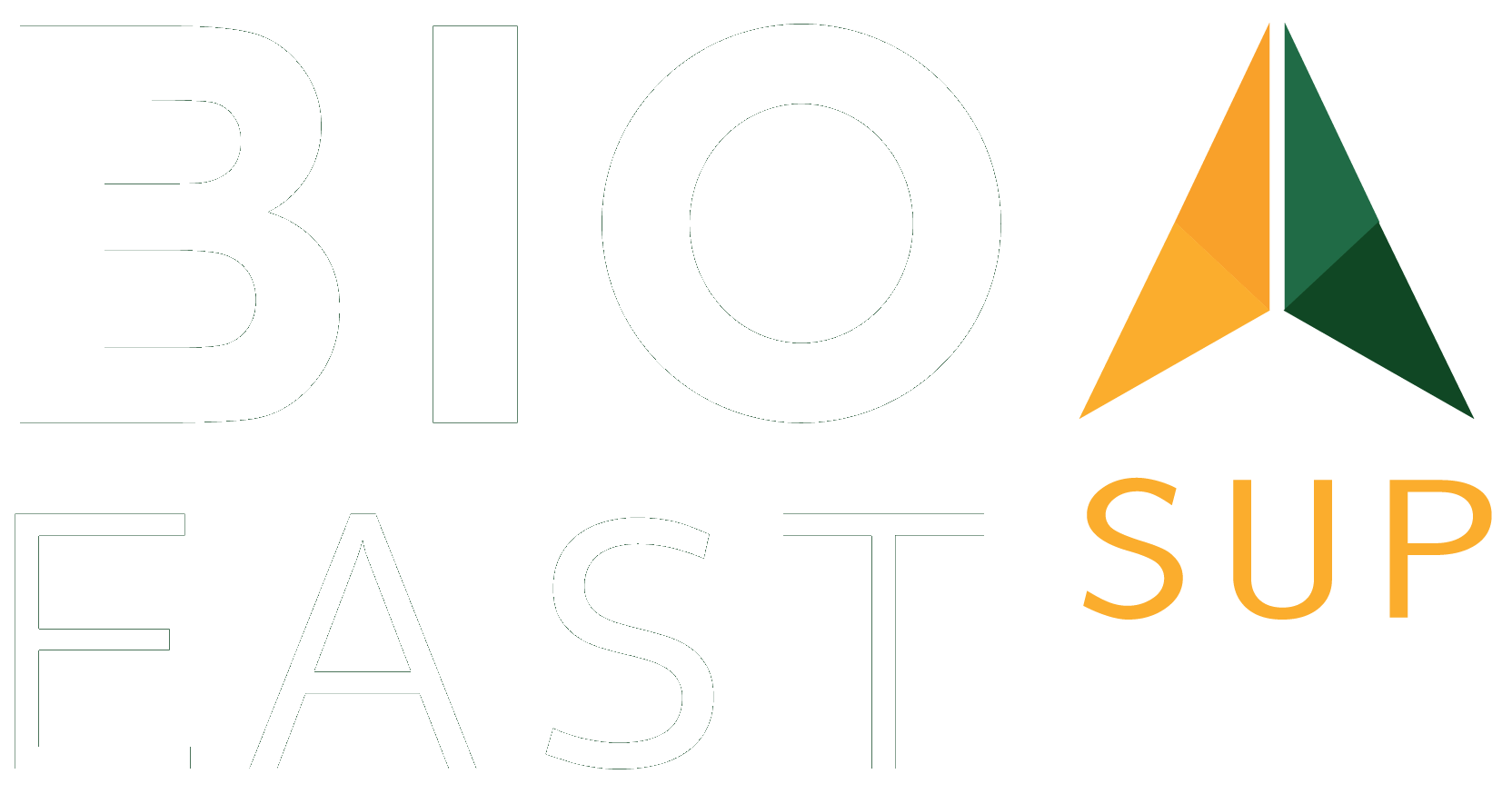Advancing Bioeconomy Education in Central and Eastern Europe: BIOEAST Initiative Drives Policy Dialogue for Sustainable Growth
Prague, November 26, 2024
The BIOEAST Initiative, supported by the Boost4BIOEAST HE project, successfully hosted a transformative Policy Expert Discussion on advancing Bioeconomy education in the Central and Eastern Europe (CEE) macro-region. The hybrid event brought together leading policymakers, academics, and industry experts to address the region's challenges and explore innovative solutions for aligning Bioeconomy education with EU sustainability goals.
Building Capacity for Sustainable Growth
Recognizing the CEE region's unique natural assets, such as fertile soils and renewable biomass, the discussion focused on leveraging these resources to position the region as a leader in sustainable Bioeconomy. The event underscored the urgent need for modernizing education systems, fostering interdisciplinary learning, and integrating Bioeconomy principles into national policies to meet the priorities of the European Green Deal and the UN Sustainable Development Goals.
Keynote Contributions
Marie Kubankova, Co-Leader of BIOEAST TWG BE Edu, highlighted the significance of aligning regional strategies with EU priorities. She presented the Strategic Research and Innovation Agenda (SRIA), emphasizing the critical gaps in governance, the lack of national Bioeconomy strategies, and overly theoretical educational programs. Simon Heath from ICA CoP Bio-Edu outlined the role of universities in shaping the Bioeconomy workforce, emphasizing the importance of embedding Bioeconomy concepts into curricula. He called for lifelong learning initiatives to address the mismatch between workforce skills and market demands. Argo Peepson from the Estonian Ministry of Rural Development presented Estonia's Circular Bioeconomy Roadmap, showcasing its success in integrating Bioeconomy principles into higher education through innovative curricula and micro-degree programs. He stressed the need for collaborative efforts between ministries to achieve sustainable educational reforms.
Challenges and Actions
Participants identified key obstacles, including limited awareness of Bioeconomy concepts, siloed educational systems, and weak industry-academia partnerships. Inadequate funding and a lack of practical training programs further exacerbate these issues. To address these challenges, the discussion highlighted the importance of strengthening governance and collaboration between universities, industries, and policymakers. Innovative solutions, such as modular micro-credentials and targeted pilot programs, were proposed to make Bioeconomy education more practical and aligned with market demands. The BIOEAST UniNet platform was identified as a crucial tool to raise awareness, share best practices, and foster regional cooperation.
The Conclusion is available here





